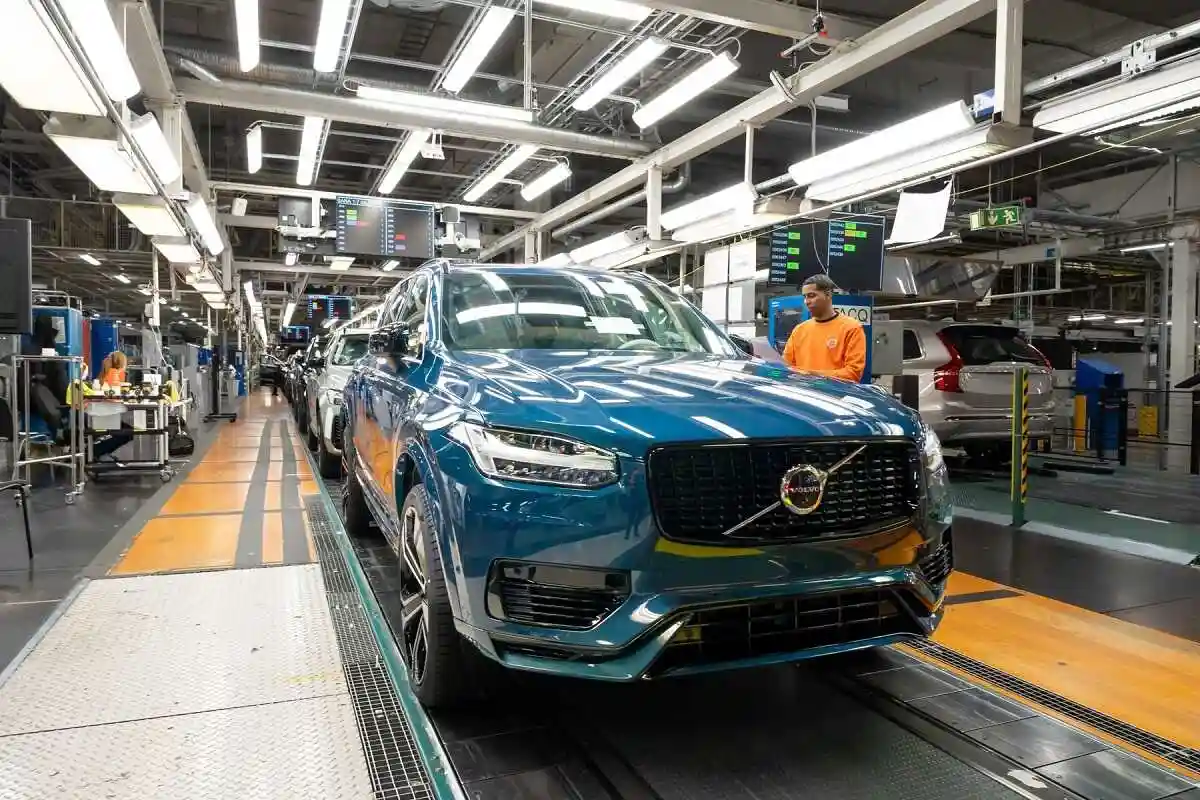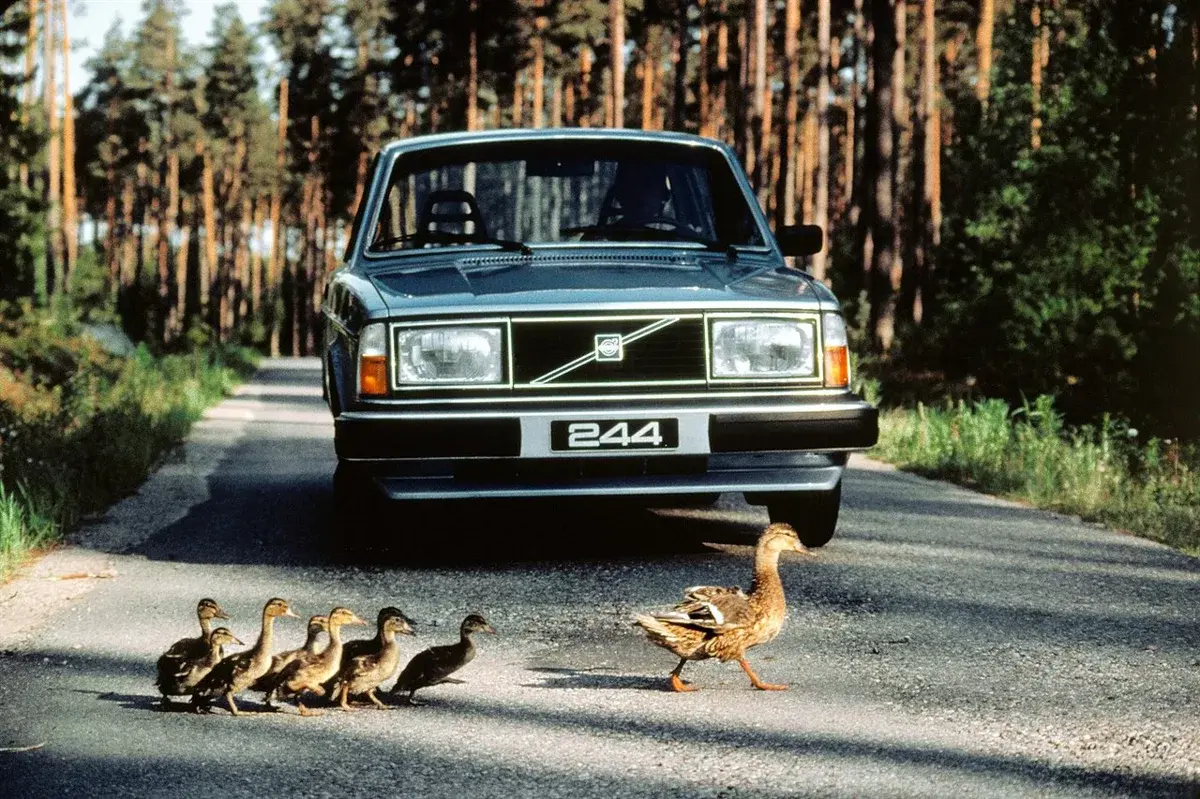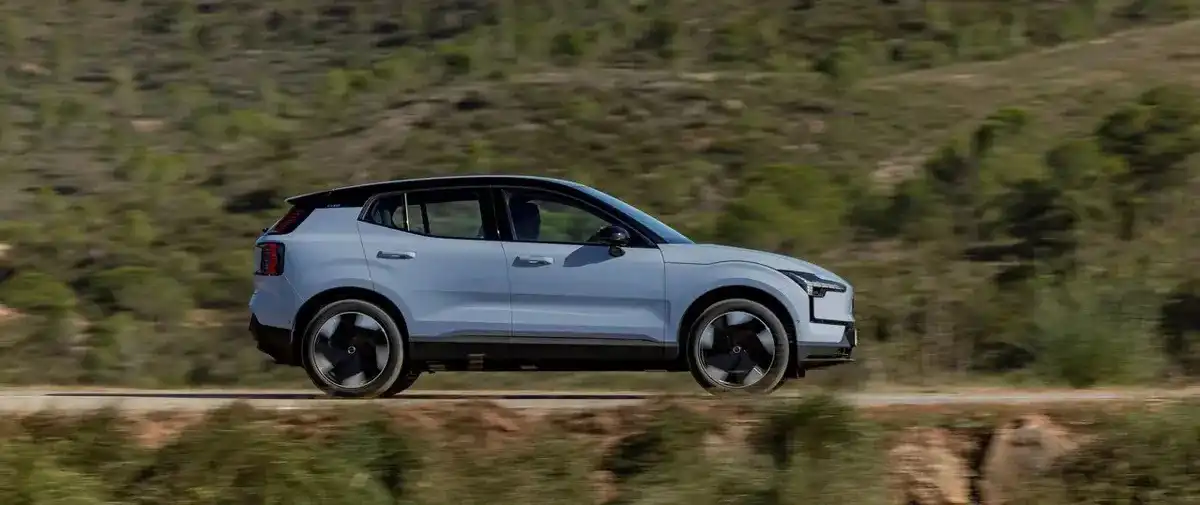After 45 years and millions of cars sold , Volvo has ended its relationship with diesel engines. The company announced last year at New York Climate Week that it would cease production of this powertrain type. In February, the last diesel-powered Volvo V60 rolled off the assembly line in Ghent, Belgium. This month, XC90 being the last last diesel-powered Volvo, left the factory in Torslanda, Sweden.

The SUV is currently on its way to the World of Volvo, the company’s museum in Gothenburg, where it will serve as a display piece symbolizing the end of the diesel era. This period began 45 years ago, in 1979, when the automaker launched its first diesel car.
Advertisement
The Volvo 244 GL D6 featured the world’s first six-cylinder diesel engine for a passenger car at a time when in Europe, diesel was only popular among taxi drivers and long-distance drivers. However, the technology will eventually become commonplace, and diesel vehicles have played an important role in Volvo‘s product line-up for many years.

Between 2012 and 2016, vehicles equipped with diesel engines accounted for half of Volvo’s global sales. Since 1991, the company has produced more than 9 million diesel-engine vehicles.
However, with the outbreak of the Dieselgate scandal in 2015, the technology began to fall out of favor. While Volkswagen was at the center of the controversy, many European carmakers were accused of using equipment to cheat emissions tests. This changed the image of diesel engines from environmentally friendly to dirty almost overnight as Tesla’s electric vehicles gained popularity. The scandal has pushed automakers and regulators toward electrification.

Volvo is one of the carmakers that has decided to shift its focus to electrification. In 2023, its electric vehicle sales will grow by 70%, and its global electric market share will grow by 34%. The company said it ultimately hopes to become a pure electric vehicle company and achieve net-zero emissions by 2040.
